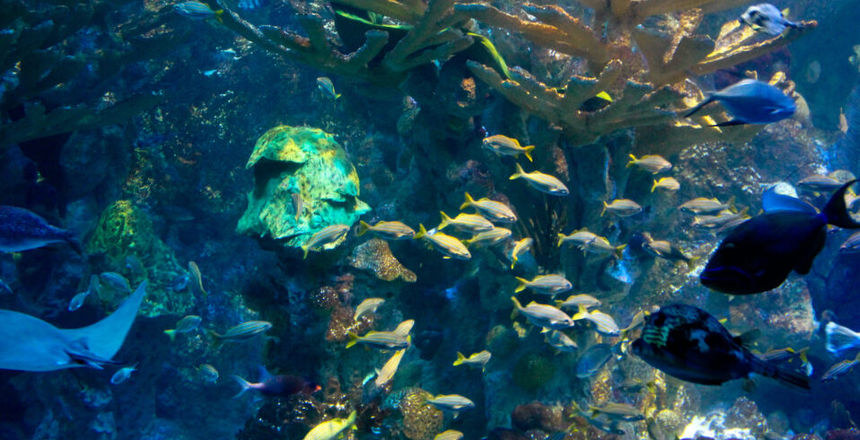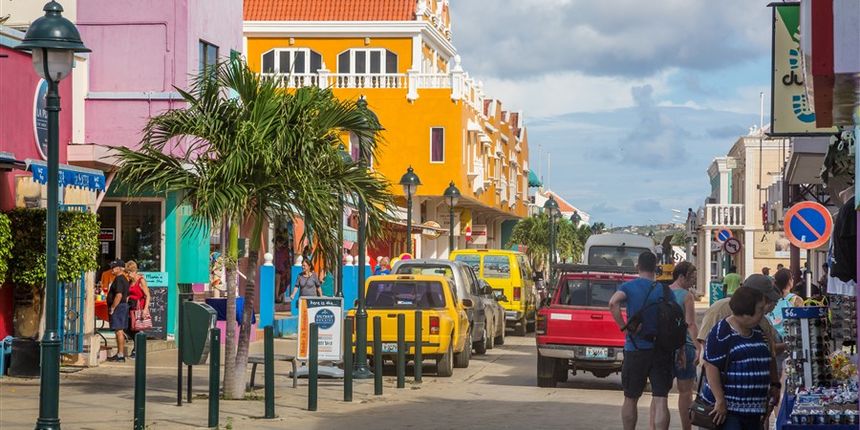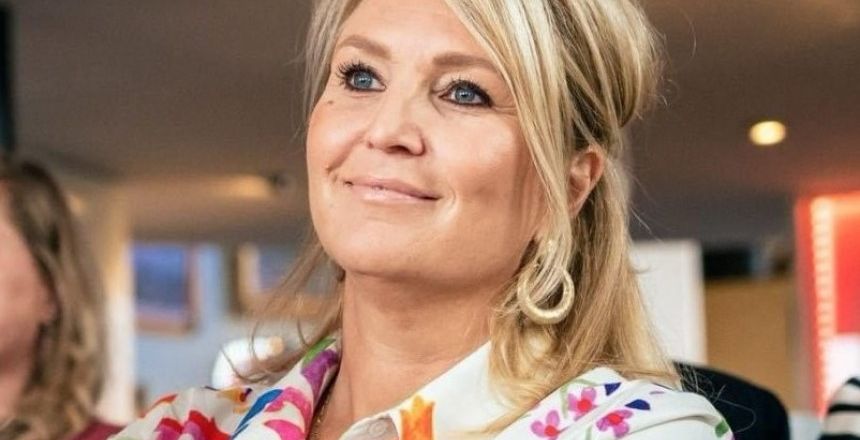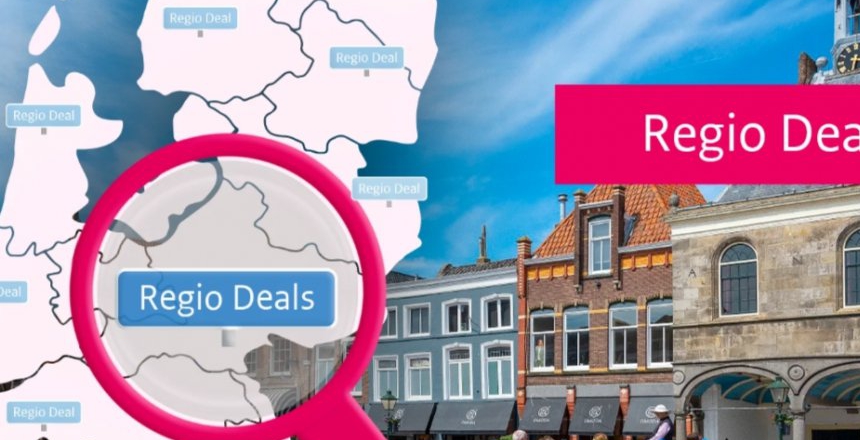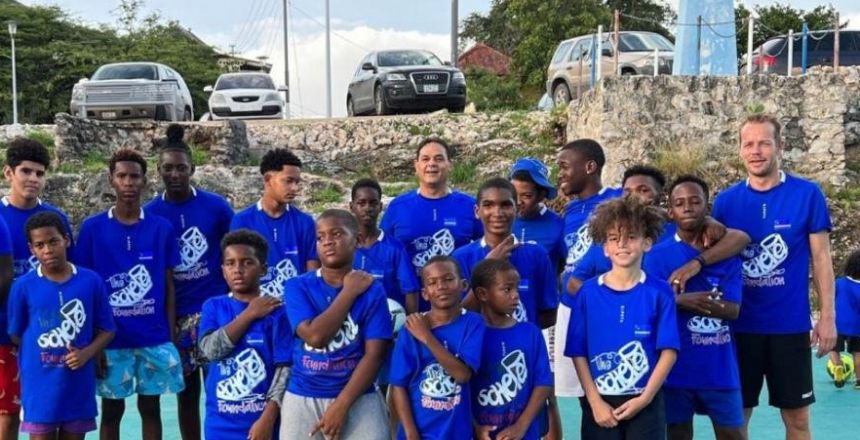News Projects Social Improvement
2 min.
Deforestation is not just a problem and an environmental threat on land. Below sea level, in seas and oceans, our planet is facing a similar threat, as the quality and quantity of coral reef, also known as the rainforest of the sea, around the world is diminishing at a rapid rate. Macro factors like overfishing, climate change, and coastal development are contributing to the decline of coral reefs. Regions like the Dutch Caribbean count on coral reefs for their physical and economic wellbeing, as the local reefs protect coastlines from storms and erosion, and provide jobs for local communities. In that light, the conversion of Saba’s old power plant into a new marine research station is much more than just a symbolic step.
New owners
Earlier this month, Managing Director of the Saba Electric Company (SEC) Mark Zagers handed over the keys of the facility to Peter Johnson, the President of the Saba Conservation Foundation (SCF). During the tour of the facility, located at Fort Bay harbor on the island’s south coast, the new owners were accompanied by resident researchers and staff, and explained how the power plant represents an excellent opportunity for coral reef research in the region. Thanks to its location, next to the Saba Marine Bank and the Saba Bank, the researchers will be surrounded by one of the richest, most impressive coral reefs in the world.
“Our plans are to enhance the building to provide a controlled environment, so called mesocosms, to grown and study reef organisms”, commented Kai Wulf, Managing Director at the SCF, “To better understand and control factors that impact and promote their wellbeing, with the aim to develop practical solutions to restore marine ecosystems”. The plant’s modifications have been approved by the SEC, so now its up to the SCF and its partners to raise the necessary funding.
Saba and its coral reefs
In its report “What is Saba’s nature worth?”, as part of the “Economics of Ecosystems and Biodiversity Netherlands” study from 2014, the Dutch Ministry of Economic Affairs estimated the value of marine and terrestrial ecosystems on the island at about 29 million US dollars per year. Especially Saba’s fisheries and the island’s local tourism industry count on healthy coral reefs for a lot of their income generation.
On top of that, a new state-of-the-art marine research facility in Saba could and should lead to more successful research and coral restructuration efforts, which in turn can dramatically improve the image of the island and the region as a whole. The station is also expected to attract a more sustainable form of tourism in the form of scientists, students, coral reef activists, and more environmentally conscious tourists. All of this can add to Saba’s economy, just like additional guided tours and the creation of new job and intern positions for local students would, as well.
Are you fascinated by the SCF’s work and interested to know more? You can always drop by their office in Fort Bay or get in touch with them via their website or at info@sabapark.org.
The basis for this article was originally published on www.dossierkoninkrijksrelaties.nl in January 2022.

